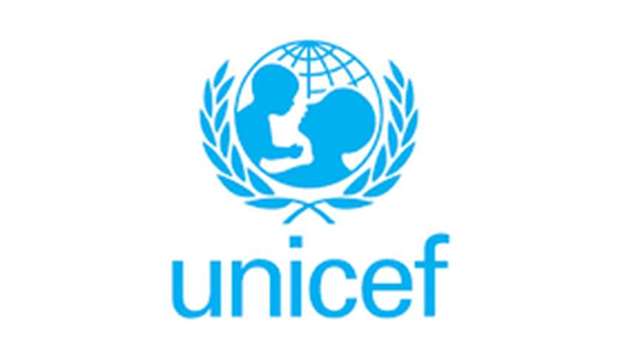The United Nations has warned that the economic repercussions of the novel coronavirus (COVID-19) pandemic could drive up to 86 million additional children to poverty by the end of 2020, an increase of 15 percent.
The total number of children living in poor households in low and middle-income countries could increase by 86 million to reach 672 million by the end of 2020, and nearly two-thirds of these children live in sub-Saharan Africa and South Asia, said the study conducted jointly by the UNICEF and humanitarian organisation Save the Children.
"The coronavirus pandemic has triggered an unprecedented socio-economic crisis that is draining resources for families all over the world," UNICEF Executive Director Henrietta Fore said in a statement.
"The scale and depth of financial hardship among families threaten to roll back years of progress in reducing child poverty and to leave children deprived of essential services. Without concerted action, families barely getting by could be pushed into poverty, and the poorest families could face levels of deprivation that have not been seen for decades," Fore said.
Save the Children International CEO Inger Ashing said the "shocking poverty impacts of the COVID-19 pandemic will hit children hard."
"Children are highly vulnerable to even short periods of hunger and malnutrition potentially affecting them for their whole life. If we act now and decisively, we can prevent and contain the pandemic threat facing the poorest countries and some of the most vulnerable children. This report should be a wake-up call for the world. Poverty is not inevitable for children," Ashing stressed.
Save the Children and the UNICEF warned of the impact of the global economic crisis caused by the pandemic, and related containment policies, stressing that the loss of direct income means that families will be unable to afford the basics, including food and water, less likely to access health care or education, and more at risk of child marriage, violence, exploitation and abuse.
"Governments must also invest in other forms of social protection, fiscal policies, employment, and labor market interventions to support families. This includes expanding universal access to quality healthcare and other services; and investing in family-friendly policies, such as paid leave and childcare," the two organizations underscored. (QNA)

